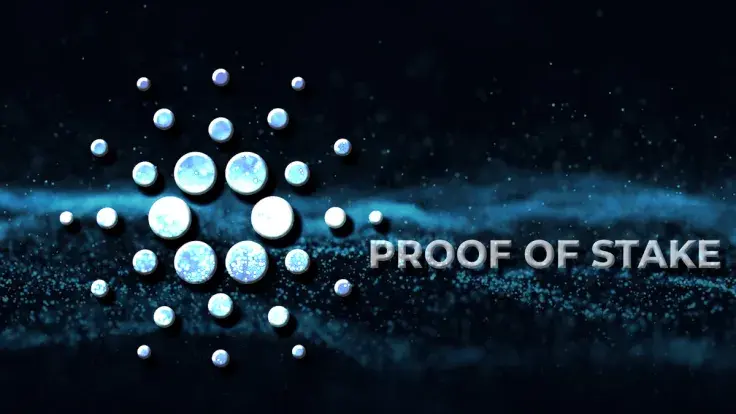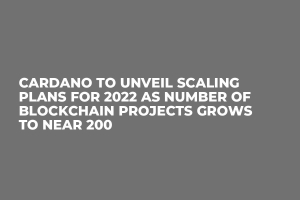
Disclaimer: The opinions expressed by our writers are their own and do not represent the views of U.Today. The financial and market information provided on U.Today is intended for informational purposes only. U.Today is not liable for any financial losses incurred while trading cryptocurrencies. Conduct your own research by contacting financial experts before making any investment decisions. We believe that all content is accurate as of the date of publication, but certain offers mentioned may no longer be available.
A recent report takes a look at proof-of-stake chains: Cardano, Polkadot and Avalanche. The proof-of-stake consensus mechanism powers blockchains such as Cardano, Tezos, Polkadot and Avalanche and allows staking and the creation of validator nodes.
VCs and most of the crypto Twitter try their best not to talk about #Cardano
— Sooraj 🚢 (@Soorajksaju2) September 10, 2022
But if you look at the raw metrics,#Cardano is way ahead of other PoS chains
If you are curious to know more,
Subscribe to our newsletter to get smarter & save your time👇https://t.co/tqv4EHMUeY?from=article-links pic.twitter.com/V8WhpWMckV
Currently, Cardano has over 1,182,080 staked wallets with a staking ratio of 72.63%, which reflects a high degree of decentralization. Polkadot, on the other hand, has over 33,646 staked wallets (called Nominators) with a staking ratio of 52.4%, which reflects a relatively low level of decentralization.
Avalanche has 22,890 individual staked wallets and a staking ratio of 64.9%, which is relatively higher compared to Polkadot's 52.4%. Compared to Polkadot, Avalanche has a high staking ratio despite having a small number of staked wallets.
With a total of 998 validators, Polkadot has a small number of validators when compared to Cardano, which has over 3,202 stake pools/validator nodes. Polkadot validator nodes can be run by anyone, but there is a limit of 297 validators per era/epoch that can participate in the 24-hour validation.
Blockchain trilemma stands uncracked
Public blockchains have been around for a while, yet none of them has been able to crack the puzzle of the blockchain trilemma so far. The blockchain trilemma refers to the problem in which a public blockchain will not be able to optimize for all three qualities: security, scalability and decentralization.
Cardano's network is highly distributed and decentralized, which reduces its vulnerability to DDoS attacks. The comparatively small size of the Cardano full node and the low hardware requirements support its decentralization, which is reflected in the large number of stake pools and users running full nodes.
Although the Cardano network exhibits a high level of security and decentralization, it falls short on the scalability benchmarks. At the beginning of 2022, Cardano listed 11 ways it intended to scale. The majority of these improvements are anticipated to be included in the upcoming Vasil update on Sept. 22.

 Dan Burgin
Dan Burgin Vladislav Sopov
Vladislav Sopov